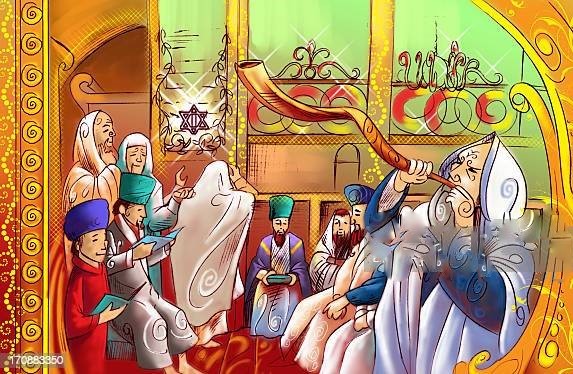SATURDAY PRAYER: TIFERET-YESHIVAT HAVERIM יְשִׁיבָה חברים – BABYLONIAN TALMUD p99

R. Jehudah sat before Samuel, when a woman came in complaining, and Samuel paid no
attention to her. Said R. Jehudah to him: “Is Master unaware of the passage: Whosoever stops
his ears at cry of the poor, he also shall cry himself and not be heard”? [Prov. xxi. 13]. Samuel
retorted: “Ingenious scholar! Your head-master (meaning himself) is on safe ground, but our
Chief is responsible,” Mar Uqba, being at that time Chief of the judges (it was his affair), for it
is written [Jerem. xxi. 12]: “O House of David! Thus hath said the Lord: Exercise justice on
(every) morning, and deliver him that is robbed out of the hand of the oppressor, lest my fury go
forth like fire, and burn so that none can quench it, because of the evil of your doings.”
Said R. Zera to R. Simon: “Let Master reprove the Exilarch’s retainers.” He answered: “They
care not for me.” Rejoined R. Zera: Even if they do not care, reprove them anyhow; for R. Aha
b. Hanina said: The Holy One, blessed be He, never issued a benevolent decree, which He
subsequently reversed into malevolence, except in this sole instance, which is written [Ezekiel,
ix. 41]: “And the Lord said unto him, Pass through the midst of the city, through the midst of
Jerusalem, and inscribe a mark upon the foreheads,” etc. Thus said the Holy One, blessed be He,
to Gabriel: “Go and set the mark (the Hebrew letter Tabh) in ink upon the foreheads of the
righteous, that the angels of destruction have no power over them; and the same mark in blood
upon the foreheads of the wicked, that the angels of destruction may have power over them.”
The Party of Prosecution pleaded before Him in these terms: “Lord of the Universe, what is the
difference between the two?” He answered: “Those are perfectly righteous and these completely
wicked.” Again the Party of Prosecution pleaded: “Lord of the Universe! It was in their power to
protest (against wickedness), and they did not.” And the Lord answered: “It is known to me that,
had they protested, their protest would have been of no avail.” But they pleaded once more:
“Lord of the Universe! It is known to Thee; but was it known to them?” And thus it is written:
“Slay utterly old and young, both maids, little children, and women, and at my sanctuary shall ye begin.”
Then they began with the old men who were before the house” [Ezek. ix. 6]. And R. Joseph
taught: “Do not read ‘my sanctuary,’ but ‘my sanctified,’ which means the men who have
performed all the laws prescribed in the Torah, which begins with all the letters of the alphabet.
And it is also written [ibid., ibid. 2]: “And behold, six men came from the direction of the upper
gate . . . . beside the copper altar.” Was, then, the copper altar at that time? Was it not hidden
already in the time of Solomon? It means that the Holy One, blessed be He, told them they shall
begin from that place where they used to sing hymns before Him. And who are the six men
(messengers)? Said R. Hisda: “Anger, wrath, rage, destruction, devastation, and ruin.”